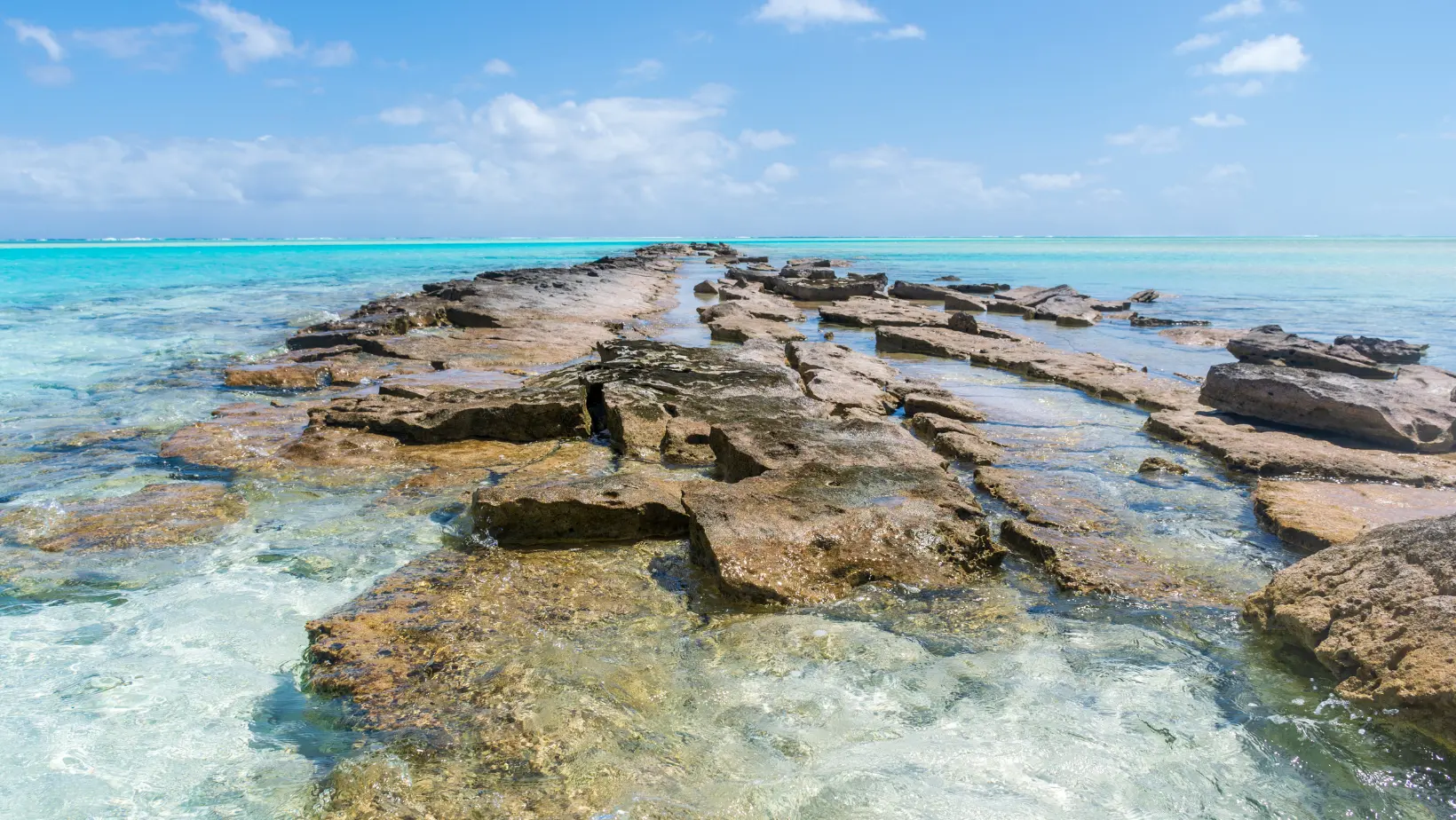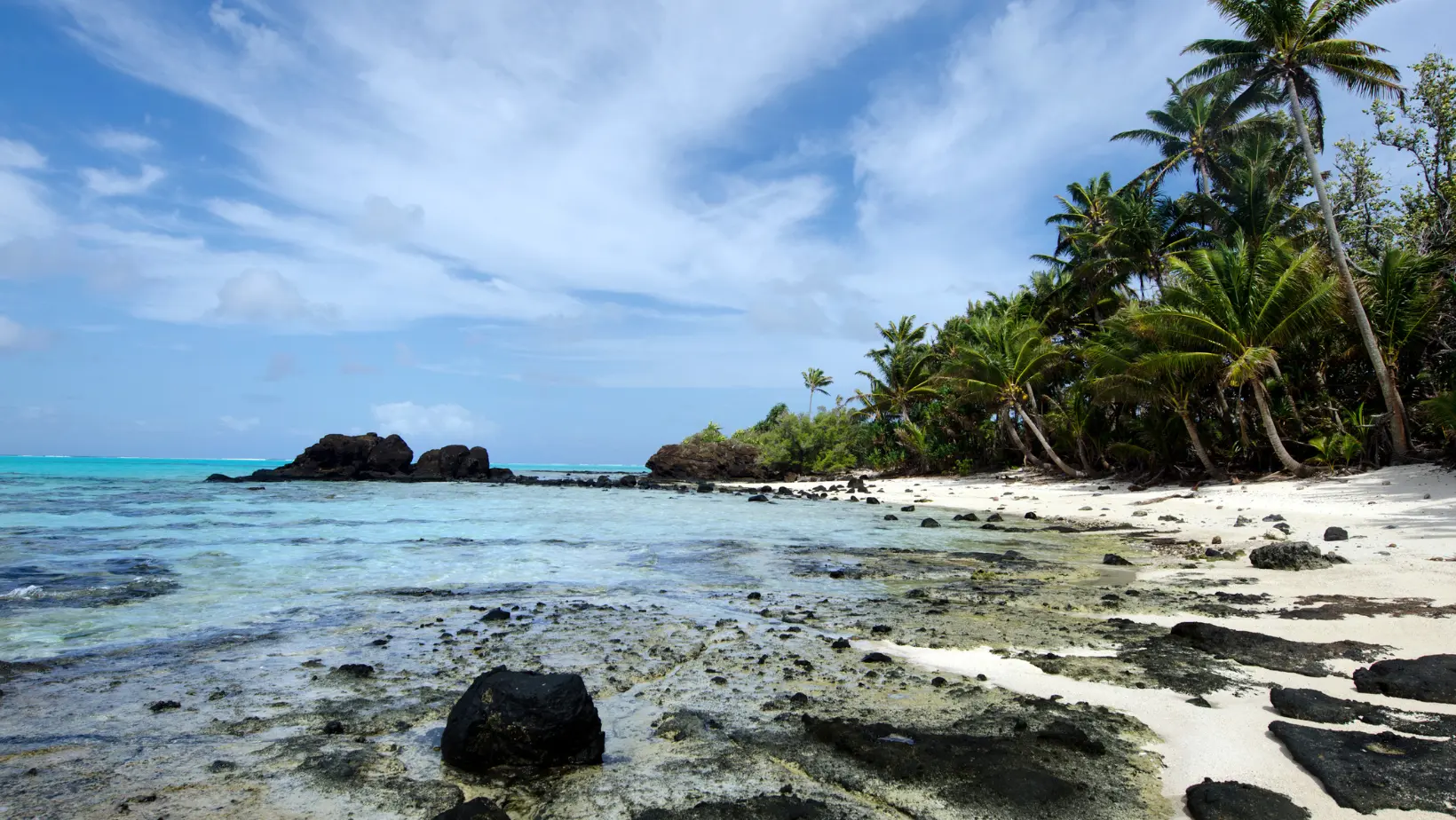Table of Contents

An offshore company refers to a business entity that is in incorporation of a jurisdiction other than the one where its operations primarily take place. There are several reasons why business owners might consider setting up an offshore company, and the Cook Islands is an attractive destination for any international business.
Located in the South Pacific, the Cook Islands is known for its favorable business environment, which offers numerous benefits to entrepreneurs. These include tax advantages, asset protection, privacy, offshore banks, and ease of doing business. By establishing an offshore company in the Cook Islands, business owners can reduce costs, maximize profits, and gain a competitive advantage in the global market.
In this blog post, we will explore the advantages of starting an offshore company in the Cook Islands and provide a step-by-step guide on how to do so. So, if you’re a business owner looking for ways to reduce costs and increase profitability, read on to discover how you can emigrate with ease by establishing an offshore company in the Cook Islands.
Benefits of Starting an Offshore Company in the Cook Islands
Benefits of starting an offshore company in the Cook Islands include tax advantages, asset protection, privacy, offshore banks, and ease of doing business. Let’s delve into each of these advantages in more detail:
1. Tax advantages: The Cook Islands is known for its favorable tax environment. Offshore companies established in the Cook Islands can benefit from zero corporate tax, no capital gains tax, no estate duty, and no stamp duty. This means that business owners can significantly reduce their tax liabilities and retain more of their profits.
2. Asset protection: The Cook Islands has robust asset protection laws in place, making it an ideal jurisdiction for safeguarding your business assets. By establishing an offshore company in the Cook Islands, you can protect your assets from potential litigation, creditors, and other financial risks. This can help you preserve your wealth and ensure its long-term growth and sustainability.
3. Privacy: Privacy is a crucial consideration for many business owners. The Cook Islands offers a high level of confidentiality and privacy for offshore companies. There are strict laws in place to protect the identities of shareholders, directors, and beneficial owners. This level of privacy can provide peace of mind and protect your business interests from prying eyes.
4. Offshore banks: The Cook Islands is home to reputable offshore banks that offer a range of financial services tailored to the needs of international businesses. These banks provide secure and stable banking options, including multi-currency accounts, online banking facilities, and investment opportunities. By having access to offshore banking services

Setting Up an Offshore Company in the Cook Islands
Setting up an offshore company in the Cook Islands may seem like a complex process, but with the right guidance, it can be relatively straightforward. Here is a step-by-step guide to help you establish your offshore company:
Choose a Registered Agent
The first step in setting up an offshore company in the Cook Islands is to engage the services of a registered agent. This agent will act as a liaison between your company and the Cook Islands government, assisting you with all the necessary paperwork and legal requirements.
Select a Company Name
Next, you need to choose a name for your offshore company. The name should comply with the regulations and guidelines set by the Cook Islands government. It is advisable to have a few backup names in case your preferred name is already taken.
Determine the Company Structure
Decide on the structure of your offshore company. The most common structure for offshore companies in the Cook Islands is the International Business Company (IBC). This structure offers flexibility and various benefits for international businesses.
Prepare the Required Documentation
Gather the necessary documentation for company registration. This typically includes:
– Certificate of Incorporation: This document certifies the formation of your offshore company and includes details such as the company name and structure.
– Memorandum and Articles of Association: These documents outline the company’s objectives, rules, and regulations.
– Shareholder and Director Information: Provide the details of the company’s shareholders and directors, including their names, addresses, and nationalities.
– Registered Office
Taxation and Reporting Obligations
If you’re a business owner looking to reduce costs and maximize profits, setting up an offshore company in the Cook Islands might be worth considering. The Cook Islands, a small nation in the South Pacific, offers numerous advantages for businesses, including favorable taxation and reporting obligations. In this blog post, we will explore the process of setting up an offshore company in the Cook Islands and the benefits it can provide for your business.
Understanding Offshore Companies
An offshore company is a business entity registered in a foreign jurisdiction, offering various financial and operational advantages. These advantages may include tax benefits, asset protection, and confidentiality. Offshore companies are often used by businesses to optimize their tax strategies and protect their assets.
Taxation in the Cook Islands
One of the main attractions of setting up an offshore company in the Cook Islands is its favorable tax regime. The Cook Islands does not impose any corporate income tax, capital gains tax, or withholding tax on offshore companies. This means that your business can potentially reduce its tax burden significantly. However, it is essential to consult with a tax advisor to ensure compliance with the tax laws of your home country.
Reporting Obligations
While the Cook Islands offers tax advantages, it also imposes certain reporting obligations on offshore companies. These obligations are in place to maintain transparency and prevent money laundering or other illegal activities. Offshore companies in the Cook Islands are required to keep accounting records, including financial statements, for a minimum of five years. They must also appoint authorized local representative and provide their details to the Cook Islands Financial Supervisory Commission (FSC). Additionally, offshore companies must submit an annual return to the FSC, which includes information about the company’s shareholders, directors, and registered office.

Asset Protection and Privacy
One of the key features that make the Cook Islands an attractive jurisdiction for asset protection is its strong legal framework. The Cook Islands has enacted legislation that provides a high level of protection against creditor claims. This legislation includes the International Companies Act, the International Trusts Act, and the Fraudulent Dispositions Act. These laws allow businesses to protect their assets from potential lawsuits, creditors, and other legal risks.
The Cook Islands is renowned for its strict laws regarding the disclosure of information. Offshore companies in the Cook Islands can benefit from strong privacy laws that protect the identity of shareholders, directors, and beneficiaries. The country does not have any public register of shareholders or directors, ensuring that this information remains confidential and secure.
The Island has a reputation for upholding strict confidentiality standards. The jurisdiction has strict regulations in place to prevent unauthorised access or disclosure of company information. The Financial Supervisory Commission (FSC) oversees the compliance of offshore companies with these regulations, ensuring that client data is protected and secure.
Banking and Financial Services
The Cook Islands offers a wide range of banking and financial services that can benefit offshore companies. The jurisdiction has a robust banking sector with reputable international banks that provide services such as multi-currency accounts, online banking, and wealth management.
Offshore companies in the Cook Islands can open bank accounts in various currencies, including major currencies such as the US dollar, euro, and British pound. This allows businesses to conveniently manage their finances in their preferred currency and facilitate international transactions.
The country’s banking system is known for its stability and reliability. The Cook Islands has implemented strict regulations and supervision to ensure the integrity of its financial services sector. The Financial Services Development Authority (FSDA) oversees the licensing and regulation of banks, ensuring that they comply with international standards and best practices.
In addition to traditional banking services, the Cook Islands also offers specialised financial services such as trust services and wealth management. The jurisdiction is renowned for its expertise in setting up and managing trusts, making it an ideal choice for businesses looking to protect their assets and manage their wealth effectively.